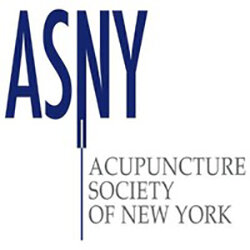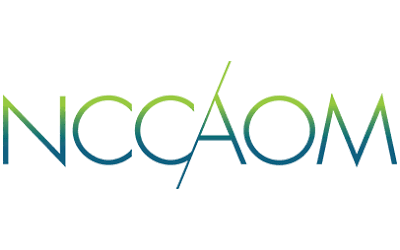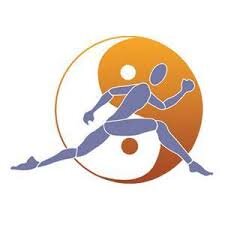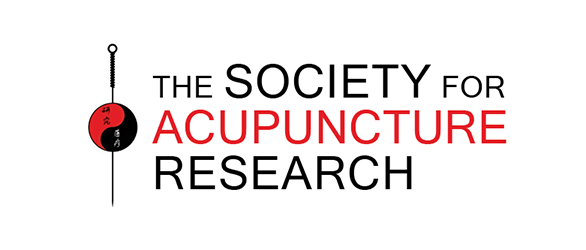Acupuncture for Insomnia
/Why Not Getting Enough Sleep Could Be Killing You
An estimated 40 percent of Americans are sleep deprived and suffer from some form of insomnia.

According to the Centers for Disease Control and Prevention, lack of sleep is a public health epidemic. Insufficient sleep has been linked to a wide variety of health problems and repercussions, like a heightened risk for depression. Poor sleep can even influence whether you develop certain chronic diseases.
Even a single night of sleeping only four to six hours can impact your ability to think clearly the next day at home, at work, and on the road. In 2013, drowsy drivers caused 72,000 car accidents in which 800 Americans were killed, and 44,000 were injured.
You may believe you don’t need the recommended 8 hours of sleep, or will “catch up” on the weekend, but a consistent habit of not enough of sleep will negatively affect your health and the quality of your life over time.
Acupuncture is one of the most effective ways to help you get the deeper levels of sleep your body requires to be healthy and have good energy throughout the day. It works by signaling the body's nervous system promoting rest and relaxation. The result is deep and restorative sleep.
Is it insomnia or poor sleep? The definition may differ but the outcome is the same “poor quality of sleep”.
Sleep is not just about quantity but also quality.
How do you know whether you suffer from sleep deprivation or have insomnia?
Wake up tired no matter how many hours of sleep
Sleepiness during the day
General tiredness/heavy feeling
Impatience/ irritability/pessimism/lack of joy
Easily stressed out
Problems with concentration or memory
Weight gain
Body aches and inflammation
Poor immune system (get colds)
Low sexual drive or pleasure
Premature aging
Acupuncture improves the overall quality of your health and focuses on good sleep for health and longevity.
The benefits of getting acupuncture and experiencing good quality sleep:
Wake up feeling rested and alert
Have good energy throughout the day – blood sugar is regulated
Digestion is improved – metabolic efficiency
Better focus and concentration
Positive outlook, experiencing joy – serotonin levels are balanced
Reduced aches and pains – growth hormone is manufactured
Increased sex drive and pleasure
Long-Term Sleep Deprivation Is a Risk Factor in Many Chronic Diseases... you could also be at risk.
Over the long term, sleep deprivation — regardless of the cause — has been linked to a number of serious health effects, including but not limited to:
Diabetes. One of the most recent studies linked "excessive daytime sleepiness" with a 56 percent increased risk for type 2 diabetes.
Decreased immune function. One recent study suggests deep sleep plays a role in strengthening immunological memories of previously encountered pathogens in a way similar to psychological long-term memory retention.
Cardiovascular and heart disease. In one study, women who got less than four hours of shut-eye per night doubled their risk of dying from heart disease. In a more recent study, adults who slept less than five hours a night had 50 percent more coronary calcium, a sign of oncoming heart disease, than those who regularly got seven hours.
Alzheimer's. A number of studies have linked poor sleep or lack of sleep to an increased risk of Alzheimer's. One of the reasons for this has to do with the fact your brain's waste removal system only operates during deep sleep. Researchers have discovered that your blood-brain barrier tends to become more permeable with age, allowing more toxins to enter.
Cancer. Tumors grow two to three times faster in laboratory animals with severe sleep dysfunctions.
The journey for a healthy life starts with you taking the first step to improve the most fundamental requirement that your body needs to maintain health.
What you can do on your own:
Get to bed before 11:00PM
Avoid caffeine, sugar, and other stimulants late in the day
Avoid alcohol
Get some exercise earlier in the day, but not right before bed
Avoid a large meal in the evenings
Limit electronics before bed, as they continue to stimulate the brain
Create a ritual around going to bed - listen to music or take a relaxing bath
If your mind starts thinking or worrying when you get into bed, write a list that will be addressed later (not when it’s time for sleep!)
Get some acupuncture to improve your sleep!
Acupuncture is one of the most effective ways to get deep restorative sleep. It works by regulating the nervous system enabling the body to achieve a deeper state of relaxation and reducing stress hormones that are a major contributor to poor sleep.
















